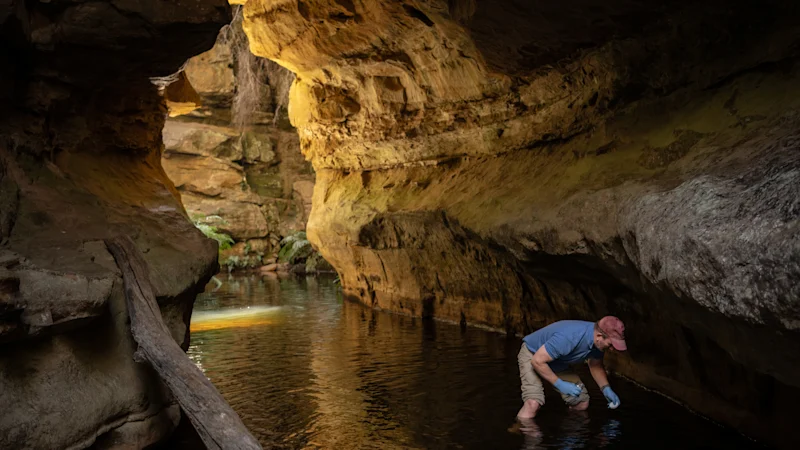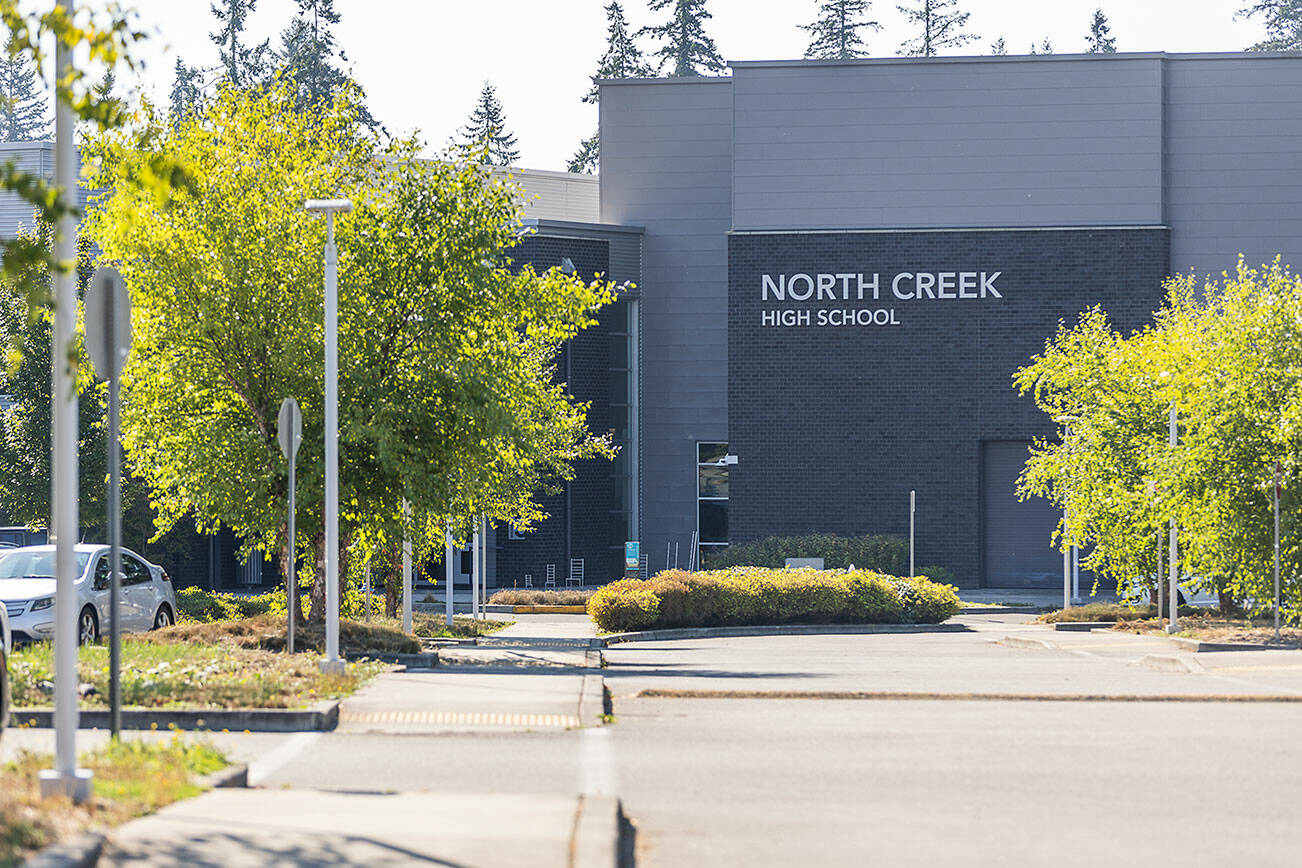Sydney Water ‘did not adequately test’ before claiming city’s catchment had no toxic hotspots
By Max Maddison
Copyright smh

PFAS are a family of synthetic chemicals prized for their resistance to heat, grease and water, and used in a wide range of everyday products such as stain-resistant fabrics, cleaning products and firefighting foams. Now found in the blood of almost every Australian, they are often dubbed “forever chemicals” because they don’t break down naturally, and can persist in the environment and human body for decades.
A 1992 explosion of a petrol tanker in the Blue Mountains, and frantic efforts to put it out, are at the centre of an investigation into the “forever chemicals” contamination in Sydney’s water supply. Water authorities and the state government maintained drinking water was safe because water with high concentrations of PFAS passed through a filtration plant before it reached taps.
WaterNSW claimed that there were “no known PFAS hotspots in the catchment” which runs from Medlow Dam, a remote water source off Beauchamp Road in Medlow Bath. Water from Medlow Dam is diluted by purer water as it is fed into other dams that supply the Cascade water filtration plant.
But independent tests commissioned by the Herald detected carcinogenic chemicals at levels more than 50 times higher than those allowed under Australian drinking water standards.
“The results are white-hot,” said Western Sydney University water scientist Ian Wright at the time, who gathered samples for independent testing.



